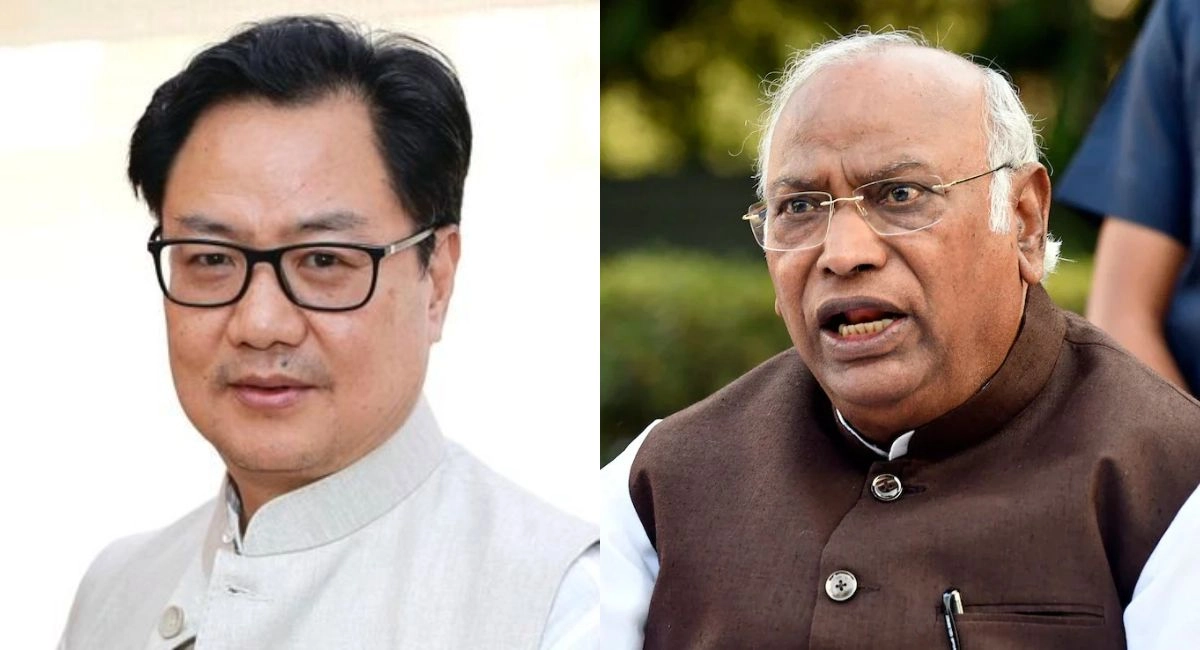In recent political discourse, the issue of H1-B visas has become a contentious topic, especially following remarks made by Congress leader Mallikarjun Kharge. The ex-diplomat has stepped forward to rebut Kharge’s criticisms of the central government’s handling of H1-B visa policies. Kharge’s comments suggested that the government’s approach to immigration and visa allocation was detrimental, particularly to skilled professionals seeking opportunities in the United States. However, the ex-diplomat argues that these claims are misleading and do not accurately reflect the complexities of international immigration policies and their implications for India’s skilled workforce.
Kiren Rijiju, the Union Minister for Law and Justice, also weighed in on the debate, emphasizing the government’s commitment to facilitating opportunities for Indian professionals abroad. He highlighted that the H1-B visa program is fundamentally a U.S. initiative, and while the Indian government can advocate for its citizens, the ultimate decisions rest with U.S. immigration policies. Rijiju’s remarks underscore the importance of recognizing the multifaceted nature of international labor mobility, which involves negotiations between nations rather than unilateral decisions by the Indian government.
The discourse surrounding H1-B visas is not merely a political talking point but a reflection of broader economic strategies and the global competition for talent. As countries strive to attract skilled professionals, the policies governing work visas can significantly impact bilateral relations and the economies of both the sending and receiving nations. The ex-diplomat’s rebuttal serves as a reminder that the narrative surrounding H1-B visas should be approached with nuance, balancing the aspirations of individuals against the realities of international immigration frameworks. In this context, the government’s role is not just to criticize but to engage in constructive dialogue that seeks to enhance opportunities for Indian professionals while respecting the legal frameworks of other nations.




